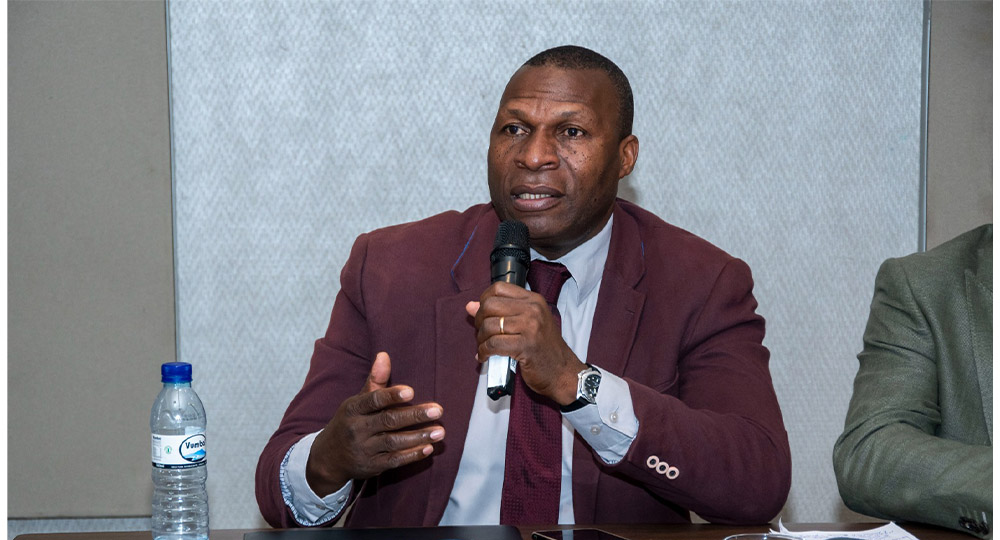Mozambican tourism and its hotel sector have had to adopt new strategies to address falling demand due to the fear of political instability along with infrastructure shortages, limited access and a lack of marketing. Hotel occupancies across the country are currently around 30%.
According to Nadira Khan, Sales Manager of Melia Maputo Sky, a corporate hotel based in Maputo’s Central C business district, Melia is one of many hotels experiencing a lack of demand, not only from its biggest market, the South African corporate market, but also from other international markets.
During the 10th FIKANI International Tourism Fair in Maputo, it was revealed that South Africa is the main country of origin for visiting tourists, representing 33,5% of all arrivals, followed by Portugal with 10,3%, the UK and the US with 6,2% each.
“We are not seeing increases in demand for MICE facilities and hotels, because this year we have elections, and that is causing a little damage to the market. Although we did have a small increase, it was not as much as we expected,” said Khan
“Demand is low, and we are competing with other hotels. We have some neighbouring five star-hotels charging the same prices as those with three stars. Melia has had to create packages with conference facilities and accommodation to try and attract clients.”
Khan said the majority of Melia’s corporate traffic, which usually peaked between September and November, had pushed its corporate events to August and September to avoid the post-election environment. Elections are set for October 9.
However, Khan went on to tell Travel News that, regardless of the elections, the Mozambican hotel and tourism industry faced another set of problems. It’s still struggling to grow due to a lack of infrastructure, resources and marketing.
Mozambique’s President, Filipe Nyusi, said on August 8, during his opening speech at FIKANI, that the country had secured about US$940 million (R17billion) in investment for the development of the tourism industry in 2023, including for the development of the hospitality industry.
Khan said the government had not invested in the development of basic infrastructure to boost tourism, such as good roads for access, pipes for water and lines for electricity, or in marketing the country and its destinations to attract more guests.
Vasco Manhiça, Director of Mozambique Federation of Hotels and Tourism, admitted that the hotel and tourism industries had faced challenges due to the pandemic, a lack of basic infrastructure, a lack of international exposure and a lack of access.
“Mozambique tourism’s biggest challenge has been recovering from the pandemic. Pre-COVID, hotels had an average occupancy rate of 50%. Now, the slow recovery means occupancy rates have only recovered to about 30%,” he said.
And, explained Manhiça, the lack of demand was resulting in sky-high airfares and that was exacerbating a lack of access to the destination.
“Affordable and accessible air travel can significantly boost tourist arrivals, making it easier for domestic and international tourists to visit Mozambique. Lower airfares would encourage more frequent travel, especially from neighbouring countries and within the region,” said Manhiça.
Both Manhiça and Khan believe that the key to improving occupancy and attracting more travellers is marketing. Investing in developing an image for the country and showcasing its natural and cultural attractions could be the key to improving the tourism industry as a whole. The use of digital marketing and social media could diversify the audience and the country could promote more cultural events and event packages, such as the Melia MICE packages described above, to attract more tourists and accelerate tourism’s recovery.
“In terms of marketing, we want to implement effective campaigns at the national, regional and international levels, highlighting the cultural and natural diversity that Mozambique has to offer,” said Manhiça.

